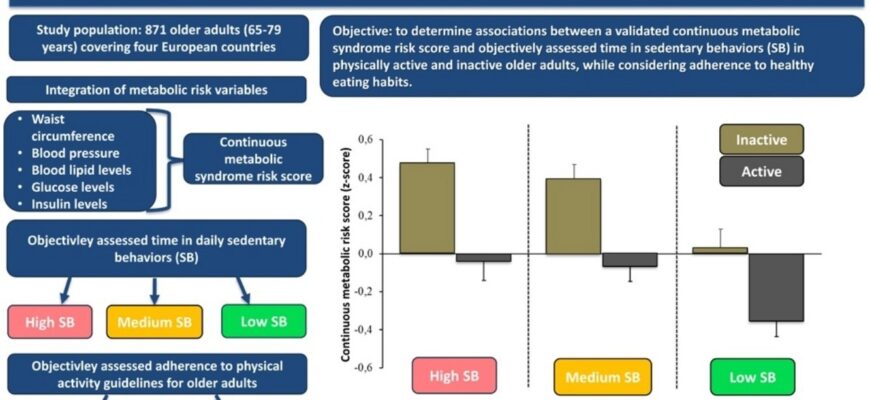In the modern world, where schedules are stretched and the workday often spills into the evening, a late dinner has become a common occurrence. We meticulously count calories, debate macronutrients, and eye sugar content, but less attention is often paid to a seemingly simple factor: *when* we eat. Recent scientific investigation suggests this timing might be far more critical for our health than previously understood, particularly concerning how our bodies process food.
A study conducted by scientists at the German Institute of Human Nutrition has shed new light on this topic. Published in the journal *eBioMedicine*, their research dives into the potential metabolic consequences of eating late in the day, or more accurately, late relative to our individual biological clocks.
The researchers analyzed data from a project involving 92 participants, including identical and fraternal twins. For five days, these individuals kept detailed logs of exactly when they started and finished each meal. This food diary information was then cross-referenced with metabolic testing, including tests designed to measure glucose tolerance – a key indicator of how effectively the body manages blood sugar levels.
Crucially, the study didn`t just look at the clock time of meals. Instead, they used a more sophisticated metric tied to individual sleep patterns: the time of eating relative to the participant`s “mid-sleep” point. This point is defined as the exact middle of the duration between falling asleep and waking up. This method accounts for the fact that everyone has a unique internal body clock (chronotype) and sleep schedule.
The findings were quite revealing. The later a person ate relative to their mid-sleep point, the more pronounced were the signs of impaired glucose metabolism. Their bodies were less efficient at processing sugar, a fundamental metabolic function.
What makes these results particularly compelling is their robustness. The negative association between late eating and glucose metabolism persisted even after the scientists accounted for a range of other potentially influential factors. These included age, sex, Body Mass Index (BMI), the specific composition of their diet, their levels of physical activity, and even their individual chronotype (whether they were naturally a morning lark or a night owl).
This suggests that the timing of nutrient intake, particularly in relation to our sleep-wake cycle and internal biological rhythm, might have a direct and independent impact on metabolic function. Eating significantly out of sync with the body`s natural timing could, in essence, disrupt the finely tuned processes that handle sugar and energy.
The researchers conclude that viewing a late dinner as merely a matter of convenience or personal preference might be an oversight. Instead, it could be a potential risk factor contributing to metabolic disturbances and increasing the likelihood of developing conditions such as type 2 diabetes.
The implication is clear: aligning our eating schedule more closely with our biological rhythm, perhaps by shifting dinner to earlier hours relative to bedtime, could serve as a straightforward and effective preventative strategy for maintaining metabolic health. So, while the allure of a midnight snack is understandable, your metabolism might quietly prefer an earlier closing time for the kitchen.








